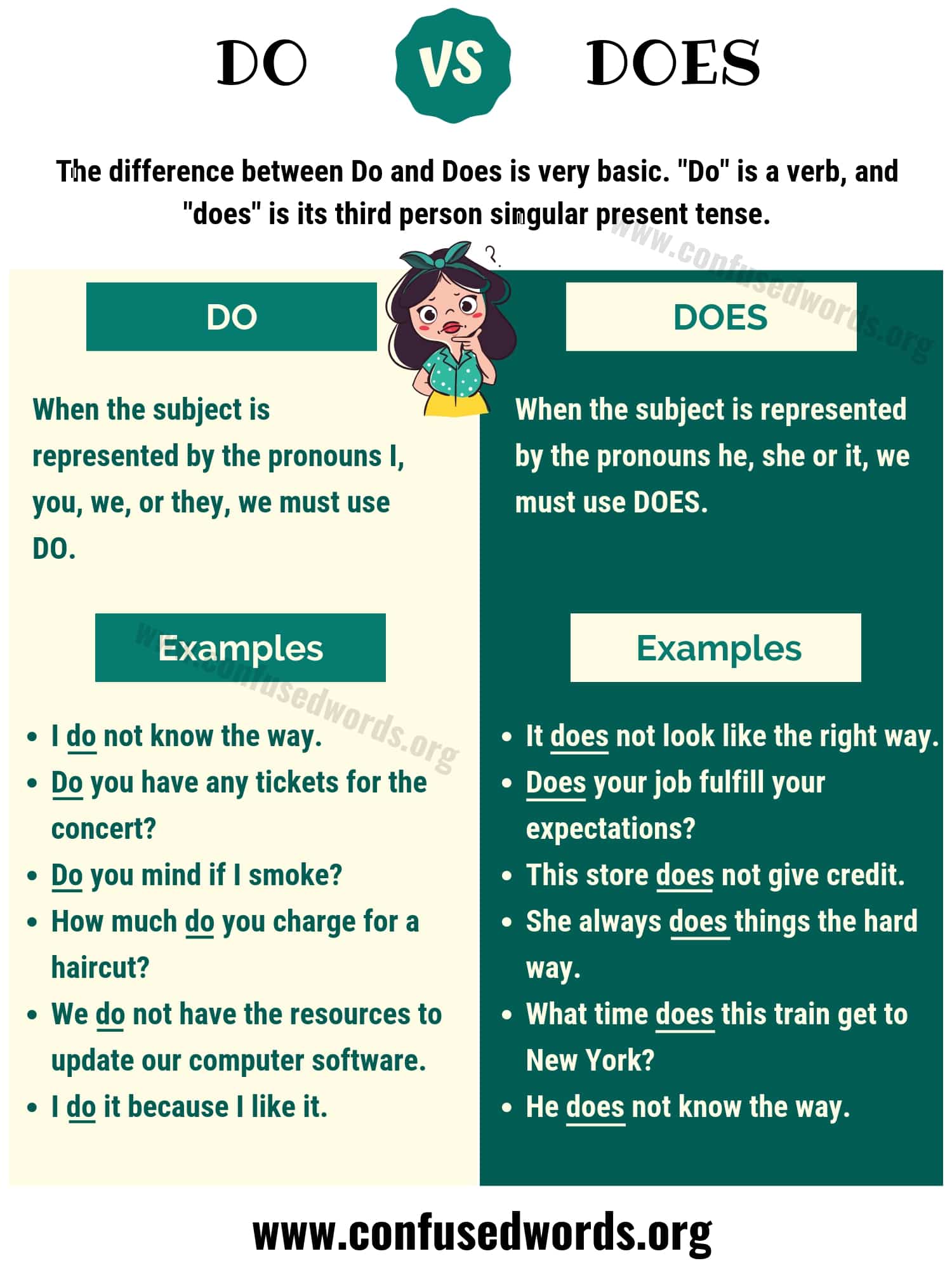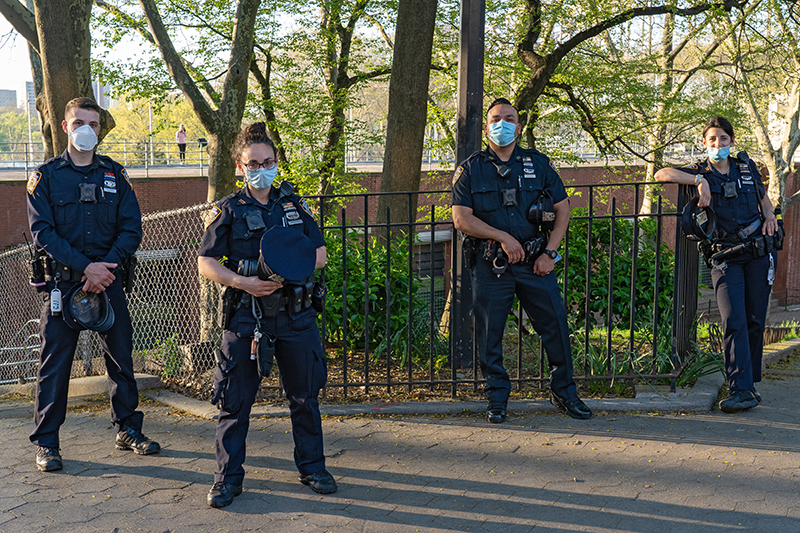Is Public Health a Social Science? Understanding the Interdisciplinary Nature and Career Pathways
Introduction: The Interdisciplinary Essence of Public Health
Public health is widely recognized as both a science and an art -focused on preventing disease, prolonging life, and promoting health through organized efforts and informed choices. Its scope extends across communities, populations, and societies at every level, from local neighborhoods to global regions [1] , [2] , [3] . But is public health a social science? The answer lies in its deep integration of social science methods, theories, and perspectives within a broader multidisciplinary framework.
Defining Public Health: More Than Just Medical Science
According to leading organizations such as the American Public Health Association and the World Health Organization, public health is about promoting and protecting the health of all people and their communities. This involves scientific, evidence-based practices and also encompasses the social determinants of health-factors like economic status, education, environment, and culture that profoundly shape health outcomes [1] , [3] .
Public health initiatives may include:
- Tracking disease outbreaks and vaccinating communities
- Setting workplace safety standards
- Advocating for health-promoting legislation
- Developing nutrition programs and education
- Addressing climate change and its health impacts
- Declaring and addressing racism as a public health crisis
These examples demonstrate that public health solutions often require an understanding of human behavior, community dynamics, and policy-making -core areas of social science [4] .
Public Health and Social Science: Where Do They Overlap?
Social science is a category of academic discipline concerned with society and the relationships among individuals within a society-including sociology, psychology, economics, anthropology, and political science. Public health draws heavily from these disciplines to understand and address the social structures, cultural norms, and economic forces that affect population health [3] .
Key areas of overlap include:
- Epidemiology and Biostatistics: These fields use statistical methods to analyze health trends in populations, often examining the impact of social factors on disease spread and outcomes.
- Health Policy and Management: Developing and implementing policies to promote health equity requires insights from economics, political science, and sociology.
- Behavioral and Community Health: Understanding why people make certain health choices is rooted in psychology and anthropology.
- Environmental and Occupational Health: Addressing workplace safety or environmental risks involves evaluating social systems and regulatory frameworks.
For example, initiatives to reduce smoking rates rely on sociological understanding of peer influence, economic incentives, and communication strategies, as well as biological knowledge of addiction and disease [3] .
Is Public Health Officially a Social Science?
While public health is not classified
solely
as a social science, it is recognized as a
multidisciplinary field
that combines both social science and biomedical science. Many academic public health programs offer concentrations in social science-related areas and require coursework in subjects such as sociology, psychology, and economics
[1]
,
[5]
.
The Institute of Medicine and other authorities emphasize that public health is the “science and art of preventing disease, prolonging life, and promoting health through the organized efforts and informed choices of society, organizations, public and private communities, and individuals” [2] , [5] . This definition inherently includes social science approaches.

Source: cop.procurementinet.org
Careers and Education: How to Access Public Health Opportunities
Public health careers span government, nonprofit, business, and academic sectors. Social science skills are highly valued in roles such as:
- Community health worker
- Health educator
- Policy analyst
- Epidemiologist
- Social worker
- Research scientist
- Public health nurse
- Environmental health officer
To enter the field, you can:
- Enroll in public health degree programs at accredited universities. Many offer concentrations in social sciences or interdisciplinary studies. You can search for programs using the Academic Program Finder offered by the Association of Schools and Programs of Public Health [1] .
- Seek entry-level experience through internships, volunteer work, or public health campaigns in your community.
- Consider advanced degrees (MPH, DrPH, PhD) for specialized roles and research opportunities.
If you are interested in public health education, it is recommended to visit university and association websites to review program requirements, course details, and application procedures. Major schools of public health typically provide guidance for prospective students and professionals.
Practical Steps: Getting Started in Public Health or Social Science Roles
If you want to pursue a career in public health with a social science focus, start by:
- Researching accredited public health programs-use search terms like “Master of Public Health social science concentration” or “public health and sociology degree” in official university portals.
- Reviewing job descriptions for roles such as health educator, policy analyst, or community health worker. Focus on positions that emphasize communication, cultural competence, and social research.
- Joining professional associations such as the American Public Health Association to access resources, networking, and career guidance [4] .
- Volunteering with local health departments, community organizations, or advocacy groups to gain practical experience.
- Developing skills in data analysis, program evaluation, and policy research-these are often required for social science-oriented roles in public health.
For detailed application steps, visit the official websites of universities or recognized public health organizations. If you are unsure where to begin, contact the admissions office of a university’s School of Public Health or consult with your local health department for guidance on available opportunities.
Challenges and Solutions: Navigating an Interdisciplinary Field
Pursuing public health as a social science involves unique challenges:

Source: pngtree.com
- Complexity of Interdisciplinary Work: You may need to integrate knowledge from both biomedical and social sciences. Solution: Take multidisciplinary courses and seek mentorship from professionals in both areas.
- Changing Health Priorities: Public health priorities evolve with societal changes. Solution: Stay informed through professional development, continuing education, and active participation in public health networks.
- Policy and Funding Constraints: Social science initiatives may face resource limitations. Solution: Learn grant-writing and advocacy skills to support projects.
- Cultural Competence: Addressing diverse communities requires an understanding of cultural values and communication strategies. Solution: Engage in cultural competency training and community partnerships.
Alternative approaches include focusing on quantitative research, policy development, or program implementation, depending on your interests and background.
Key Takeaways: The Value of Social Science in Public Health
Public health is not exclusively a social science, but social science is foundational to its practice. The field thrives on understanding human behavior, societal structures, and policy environments. Whether you choose to become an epidemiologist, health educator, or policy advocate, integrating social science perspectives will empower you to address complex health challenges and promote equity in your community.
References
MORE FROM 9scholarships.de













